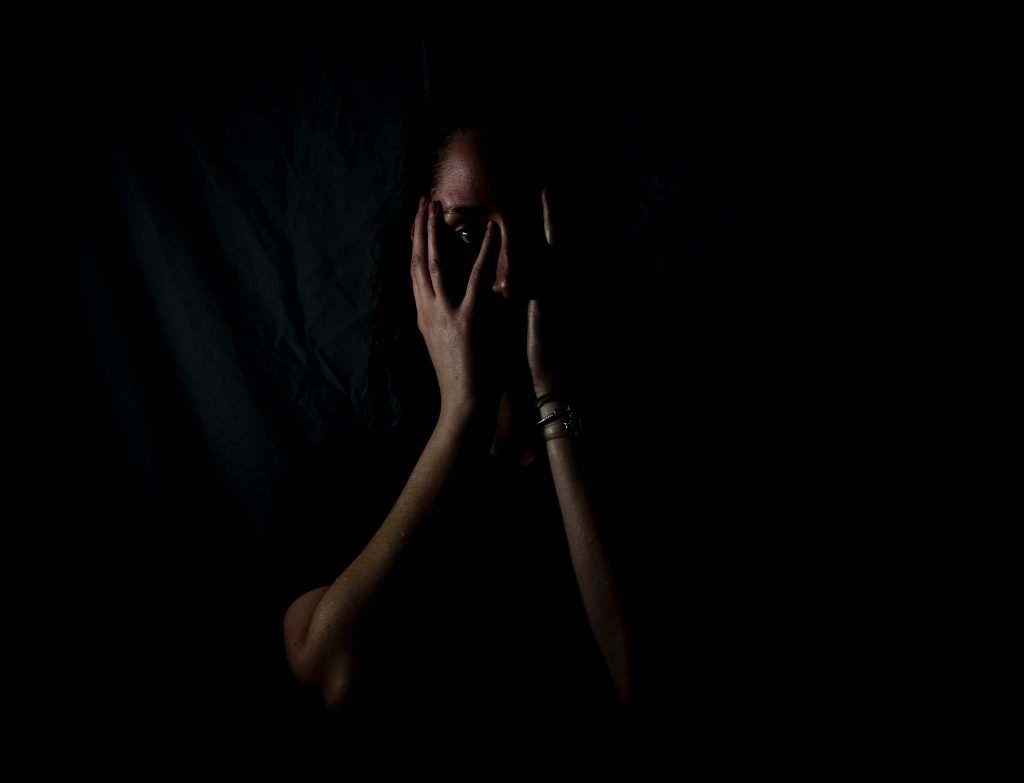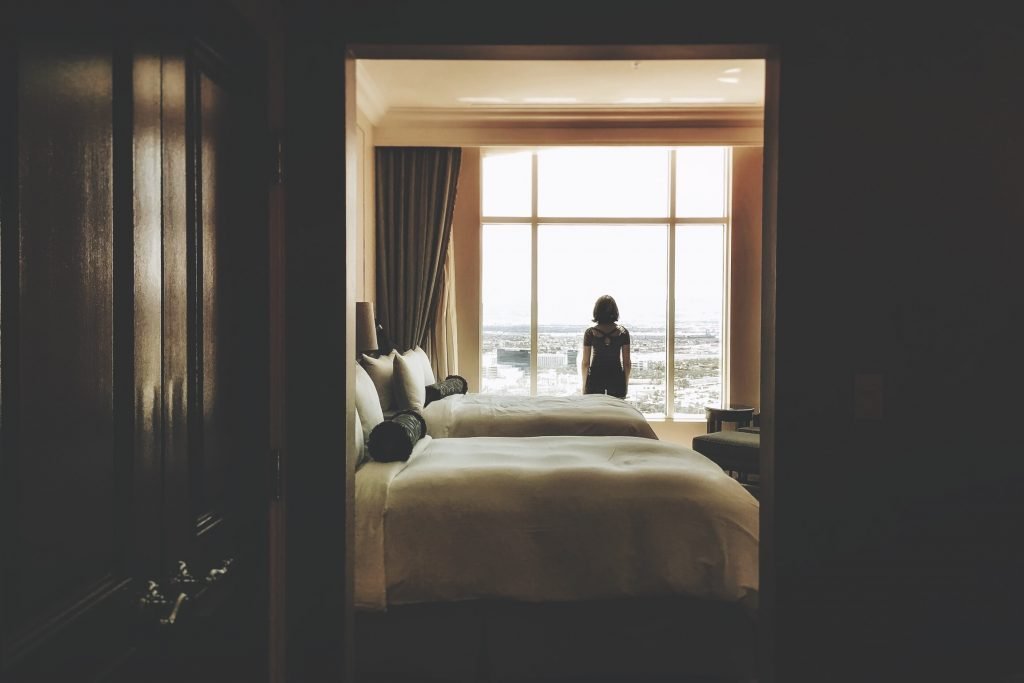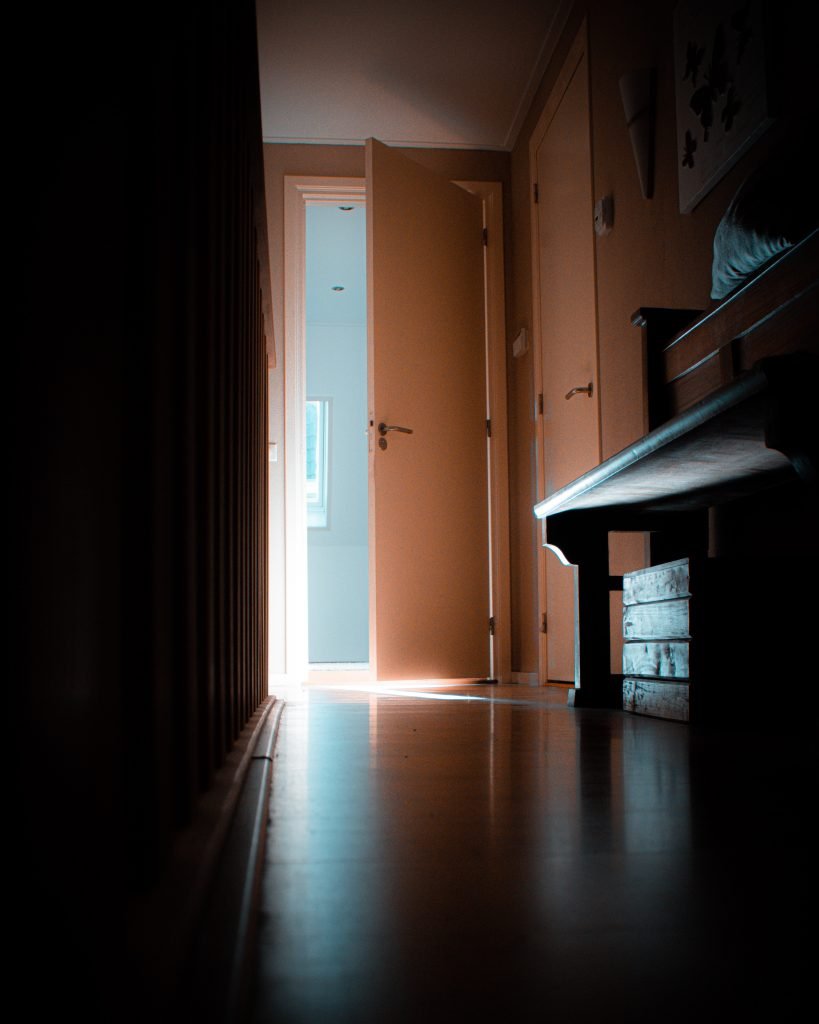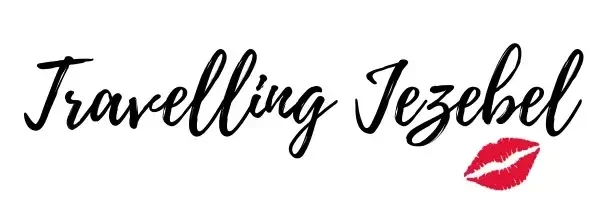How to Spot Human Trafficking in Hotels [2024 UPDATE]
If I told you to picture where victims of sex trafficking were abused, what would you say?
Squalid apartment buildings perhaps, or rat-infested brothels in Cambodia.
Maybe you’d picture a young woman on the streets in the United States, forced to sell her body to men by a domineering pimp, come rain or shine.
Maybe you’d even think of truck-stop motels, where rooms can be rented by the hour with no questions asked.
You wouldn’t necessarily think of 5-star global hotel chains, with thousands of employees, penthouse suites and breakfast buffets.
Walking into the Ramada, or the Hilton*, it wouldn’t strike you that one of your neighbours could be an underage girl being drugged and raped repeatedly, controlled by organised criminals and bound by fear.
However, human trafficking in hotels is rampant, with hotels being used, not just as a place where sex traffickers can exploit their victims, but also as a place where labour slaves can be forced to work for little to no money, with no means of escape.
This post will focus on how to spot human trafficking in hotels, as well as why human trafficking in hotels thrives, and what we can do about it.
How to Spot Human Trafficking in Hotels
What is human trafficking?
Human trafficking is another way of saying modern day slavery.
It involves the recruitment, movement and exploitation of human beings, and it can take many forms, including sex trafficking (also known as forced prostitution), labour trafficking (where people are forced to work for little to no money in horrible conditions) and domestic slavery (where domestic workers are abused and forced to work without pay).
There are more people enslaved in the world today than in any other time of human history.
The Walk Free Foundation’s Global Slavery Index (2018) estimates that there are 45.8 million victims of human trafficking worldwide, 71% of which are women.
This number only continues to increase, with more and more people falling prey to human traffickers every single day.
Anybody can become a victim of human trafficking, but victims tend to be vulnerable, as this means that they are easier for the traffickers to pull into their clutches.
Vulnerable people could include people addicted to drugs, people who come from abusive households, homeless people, children in foster care, people who come from poor areas and people who come from places where there are severely limited opportunities to find work.

Human trafficking in hotels – Statistics
The hospitality industry is highly vulnerable when it comes to human trafficking, and there are many forms of human trafficking in hotels, including child sexual exploitation, forced prostitution, domestic servitude, forced criminality and forced labour.
And just how many sexual trafficking victims are there in hotels across Europe?
Well, it is estimated that there are 1.14 million victims of human trafficking in the European hospitality industry alone, and that 80% of these victims are being trafficked for sexual exploitation (with 20% being used for forced labour in hotels, bars and restaurants).
In the United States, data from the National Human Trafficking Resource Centre indicates that between December 2007 and December 31, 2017, there were 3596 instances of human trafficking involving a hotel or motel.
Think about that for a second.
3596 instances of human trafficking that directly involved a hotel or a motel.
Hotels were actually the third most common venue for sex trafficking in 2019, meaning that many sex trafficking victims are not hidden in corners of society away from prying eyes, but are actually walking past you in the hotel lobby, sharing the lift with you, or even suffering on the other side of your hotel room wall.

Why are hotels perfect venues for sex traffickers?
Many people assume that sex trafficking takes place in the dark corners of the world.
Dodgy alleyways, secluded country lanes, illegal brothels and apartments rented out purely to facilitate the suffering and degradation of humanity.
However, hotels make it surprisingly easy for traffickers to house and abuse sex trafficking victims.
Pimps will book rooms for their victims and their clients, taking advantage of the fact that more and more hotels are using automated systems for their operations and revenue streams, from third party reservation sites and automated check-ins, to non-mandatory registration and identification, and the prioritisation of guest privacy over all else.
All of this means that hotel staff often have no idea of who is staying at their establishment and what they are doing behind closed doors.
The possibility of paying for rooms in cash and being able to up and leave at a moment’s notice also makes hotels an attractive choice for human traffickers.
After all, if traffickers rent an apartment for months at a time or try to conceal their crimes behind a more legitimate business façade (for example massage parlours or strip clubs), there is every chance that their crimes can be traced back to them.

A hotel guest who pays in cash for one night only and proceeds to extend her stay by the day as she gets more and more male visitors doesn’t necessarily attract too much attention.
This is especially true if the hotel in question has a high staff turnover and hundreds of workers who lack training on how to spot human trafficking in hotels.
This brings me to my next point – most hotel staff are not trained to spot human trafficking victims.
Employees may have a vague idea of what sex trafficking is, but if they do not undergo regular and comprehensive training on how to spot it, it may never occur to them that there is something seriously wrong with the girl who looks unkempt and lets her male guardian do the talking for her, or that there have been 8 male visitors to one room in just a few short hours.
Many hotels also prioritise the customer experience to the point where ethical boundaries are crossed.
Sometimes meeting the requests of the guests means affording them a level of privacy that can facilitate some of the worst human suffering.
The fact that many hotels have a super high-turnover of staff or make use of subcontractors also means that sex trafficking in hotels is likely to go unreported due to staff being unfamiliar with their environments, concerned that they won’t be taken seriously if they report their suspicions, as well as the idea that they should ‘mind their own business’ and turn the other cheek.
And the onus isn’t just on hotel staff.
Hotel guests may not be privy to as much as cleaners or receptionists, but they still come into regular contact with other hotel guests and may see or hear something that the staff may not, especially if the trafficker lets their mask slip for a second if they think that they are alone in a corridor or bathroom.
How to spot human trafficking in hotels
This brings me to the next, and most important section of this article – how to spot human trafficking in hotels.
Every single time I write about human trafficking I stress the same point – the main thing that we, as civilians, can do to end human trafficking is to make ourselves away of the signs and report it when we see it.
Only 22% of the cases of human trafficking in hotels were self-reported (reported to the authorities by the victims themselves).
This means that almost 80% of human trafficking cases in hotels were reported by hotel staff and members of the public.
These figures vary little across the board.
In the United Kingdom between October 2016 and June 2018, Unseen’s Modern Slavery Helpline received 473 reports citing concerns about car wash slavery.
Only 1% of these reports were made by the victims, meaning that the public played an instrumental role in freeing victims of labour exploitation in UK hand car washes.
Together, we can fight this.
Before I list some of the red flags to look out for, I want to say that one or two of these things alone doesn’t necessarily mean that somebody is a victim of human trafficking.
A girl can look tired and have an older boyfriend without being a sex slave.
A man can pay in cash and avoid eye contact without being a pimp.
It is a cluster of these signs that are a cause for concern, and everybody in a hotel, from the guests to the cleaning staff, should be aware of the following signs of human trafficking in hotels.
How to spot victims of human trafficking in hotels
- The victim has signs of poor hygiene, malnourishment and fatigue
- The victim is inappropriately dressed or has low quality clothes
- The victim has no identification (reception staff are best placed to spot this)
- There is evidence of verbal threats and/or physical violence
- The victim exhibits a fearful, nervous, anxious, or submissive demeanour
- There is excessive foot traffic in and out of rooms
- The victim has a significantly older boyfriend or is often with older men at the hotel
- The victim has no freedom of movement and/or is constantly monitored
- The victim extends their stay day by day and has little to no possessions
- The guests require additional housekeeping services such as towels but deny staff access to the room
- Excessive amounts of sex paraphernalia in rooms (condoms, lubricant, lotion, etc.)
- Presence of multiple computers, cell phones, pagers, credit card swipers, or other technology in the room
- The same person reserves multiple rooms
- The guest pays in cash

How can we prevent sex trafficking in hotels?
The hotel industry has to step up its game and take an active role in preventing the exploitation of people staying at (or working in) its establishments.
Marriott International has become one of the pioneers of change for this, and is committed to making 750,000 hotel workers across 6900 properties a part of the fight to combat modern slavery.
Beginning in 2017, they made human trafficking awareness training mandatory for all their staff, and developed role-specific training for the hotel workers.
In the beginning of 2019 they became the first hotel company to embark on a collaboration with anti-trafficking giant, Polaris, to design and scale public-facing posters and signs that help to build awareness of potential indicators of human trafficking, and what somebody should do if they spot some of those indicators.
However, it is not enough for one hotel chain to push back against the traffickers.
Hotels worldwide must unite in the fight against human trafficking and ensure that sex traffickers aren’t using their buildings to profit from the abuse of their victims.
Regularly training employees how to recognise the signs of human trafficking in hotels and teaching them how to report instances when they suspect them is one of the easiest ways to combat human trafficking within the hospitality industry, and corporate management can work with the police or other organisations to team up and tackle the traffickers together.
Affording guests a certain amount of privacy without allowing them to completely stay under the radar is another way that hotels can minimise the risk of human trafficking within its walls.
Human Trafficking in Hotels | Final Thoughts
Every time somebody turns a blind eye or feigns ignorance to the presence of evil, this crime against humanity is allowed to flourish.
While it is common in polite society to look the other way and ‘not get involved,’ this is the kind of mentality that has a direct impact on the plight of victims worldwide.
We need to speak up for those who can’t speak up for themselves, and refuse to let crime like this one be swept under the rug.
With an awareness of something comes the responsibility to take action, and if you ever suspect that human trafficking is occurring in a hotel that you work in or are staying in, please don’t hesitate to report it to the relevant authority.
For a list of anti-trafficking organisations in Europe, click here.
To report human trafficking in the US, click here to be directed to the Human Trafficking Hotline.
More on Human Trafficking
Below is a selection of my articles about the various types of human trafficking.
Car Wash Slavery – The Hidden Suffering in UK Car Washes
Signs of Human Trafficking in Nail Salons (and What You Can Do to Help)
What is Modern Slavery in Dubai and How Does it Affect You?
Construction Workers in Dubai – Modern Slavery in the UAE
Exposing Slavery in Qatar – the Qatar World Cup Deaths
Considering Going to a Thai Ping Pong Show? Don’t.
Human Trafficking Facts, Stats and Signs | Human Trafficking in the UK
The Ukrainian sex trafficking ring posing as a model agency
If you liked this article and would like to support my work, please click the button above to donate a couple of bucks and buy me a coffee. The ad revenue that I receive on this website is minimal, so support from my readers enables me to keep creating content that you (hopefully!) love to read.
*I am not suggesting that these hotels in particular have problems with human trafficking but am simply using them as examples to illustrate how large a scale this is.

